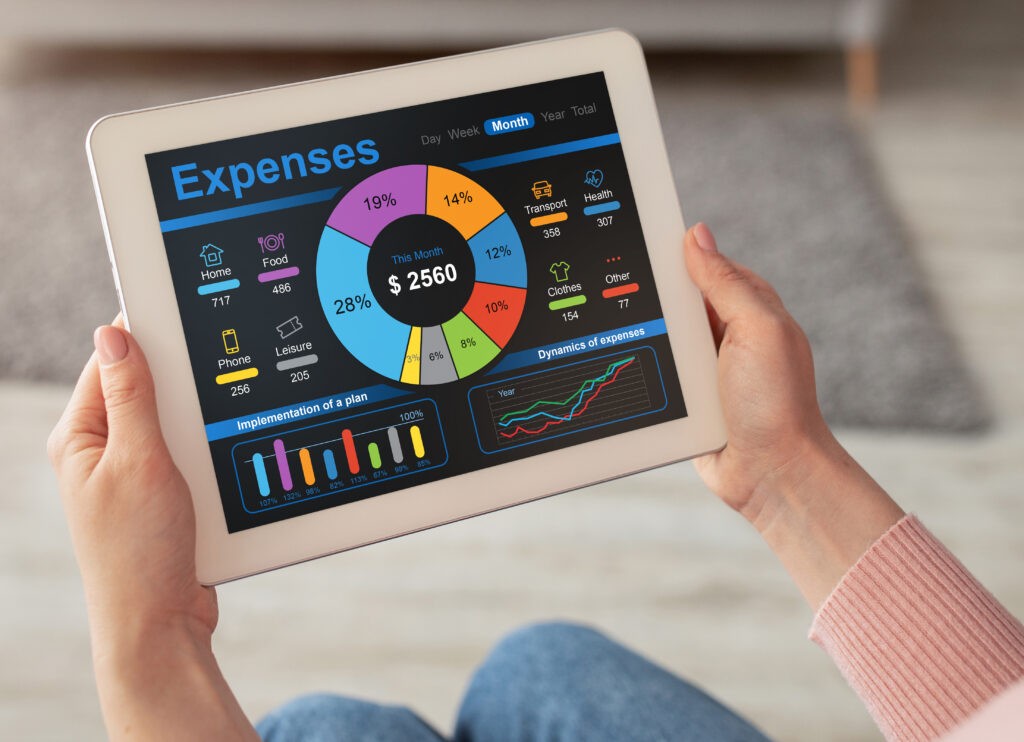
07 Feb Event Planning 101: Event Planning Checklist
There’s a lot to manage when planning an event, so it’s important to have a list of everything you need to include in your event management plan. The following is a general event planning checklist to help you get started.
The top seven most important steps in planning any event are:
1. Set your event goals and objectives.
2. Create an event budget.
3. Select your event’s date and venue.
4. Arrange sponsorships and speakers for your event.
5. Coordinate with event suppliers (catering, equipment, etc).
6. Brand your event and start advertising it.
7. Manage event day set up and execution.
To help you out every step of the way, we’ve broken down these steps into different questions and points to consider. This will help you figure out when to do certain tasks. The more questions you ask, the better your event checklist.
Goals and Objectives
The further in advance you can start planning, the better. Most organisations start planning big events like galas and fundraisers about 6 months in advance.
-What’s your event’s reason for existing?
-What are the goals this event is expected to achieve?
-What are the revenue objectives?
-What is your target audience?
-How many people will attend?
-Is there a cost associated with ticketing and what is it?
-Where is the event being held?
-Create an event schedule.
Event Budget
Estimate your event costs and create a budget. Your available budget will influence many event management decisions such as your venue, the marketing and advertising methods, etc.
-Figure out what the costs will be
-If you held similar events, use and adjust an old budget for a baseline
-What ticketing and registration software will be used?
-Finalize sponsor contributions
-Set ticket price

Based on the costs above, you’ll be able to determine how much your event will cost — and if you’ll need to reduce any of them.
Date & Venue
The event must take place somewhere, and that involves logistics management, food and beverages as well as the décor.
-When will the event take place?
-Have a backup date in case issues arise
-Is there the best location for the event?
-Is the venue appropriate for your expected number of attendees?
-Decide on needed infrastructure: wifi, capacity, bathrooms, near shopping & restaurants, etc.
-Hire a caterer
-Secure what equipment you’ll need
-What are your security needs?
-Do you need permits, licenses or insurance?
-Create event signage and communication plans for attendees
Speakers
You must have a keynote speaker or a group of speakers to attract an audience. This involves contracts, curators to select the talent, a program, bios and rehearsals.
-Research potential speakers
-Create a list of relevant speakers
-Create a pitch for speakers
-Pitch speakers
-Finalize speaker selection, get bios and headshots and arrange travel and accommodations

Verify with your speakers and consider the type of information and format each one offers. Schedule them so there’s a variety of speakers and formats evenly spread throughout the event.
Sponsors
All of this costs money, and a big event’s budget is supplied by its sponsors. This again involves contracts, marketing and logistics.
-Develop a list of sponsors and what you can offer them.
-See if there are sponsors who have partnered with similar events.
-Reach out to potential sponsors.
Suppliers
-Work with the caterer on approving a menu: Consider likely dietary restrictions, whether you can make your menu match your theme, and the number of people you’ll have to feed.
-Secure A/V equipment: Microphones, speakers, projectors, and lighting equipment are just a few of the most basic equipment you might need.
-Review security needs and plan: If your event has celebrities, even in a narrow niche, you may need more security than you think to ensure they can get where they need to go quickly.
-Investigate for any special permits, licenses, insurance, etc.:Depending on your event, you may need permits, licenses, and insurance for serving alcohol, serving food, any interactive components, or other contingencies.
-Determine event signage and attendee communication plan: Put yourself in the place of an attendee coming into town for the first time for the event, and consider what types of signage they’d need to find parking, the entrance, and any other important points.

Research and select vendors and suppliers who specialize in professional business events and can deliver high-quality services.
Event Marketing & Advertising
Once you’ve selected a venue, you need to start drawing people to it through a marketing and advertising program that can include a website, social campaign, email, print work, TV, newspaper and magazine advertisements.
-What’s your messaging?
-Coordinate with digital tools and social platforms
-Add the event to online calendars
-Market the event with blog posts and other promotions like videos and online ads
-Send reminders to all parties a month or two before the event date
Set up and execution.
-Create a logistics timeline
-Finalise the event schedule & scripts
-Confirm timings with all your suppliers
-Plan for the unexpected
Have you also read these articles?



